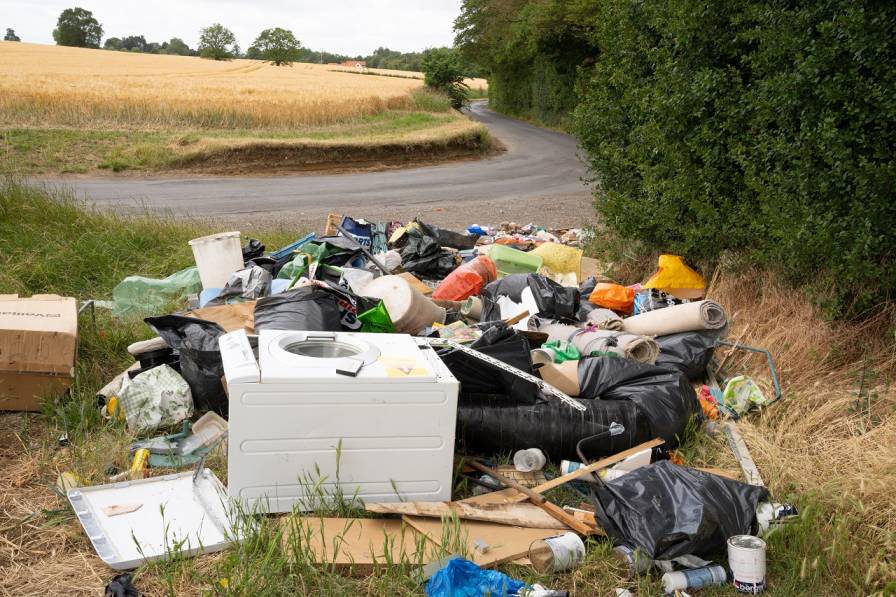OR
Express Checkout
We guarantee to have the lowest price! Find the same bin for a cheaper price and we will beat it!

Colchester Bin Collection Changes Lead to an Increase in Fly-tipping
Colchester Council scrapped weekly general waste collections in June last year and limited each household to 3 sacks or 1 wheelie bin full of rubbish, with the aim of increasing recycling rates. The recycling rates did increase, but the new system has not been without its flaws. The council has been forced to put notices on public bins asking people not to put household waste in them, fly-tipping has increased, and more people are being forced to use the local rubbish tip to deal with their waste.
Critics say residents are struggling to cope with the changes
Critics says that it’s right that people are being encouraged to recycle, but the council should be aware that some people are struggling with the reduced rubbish collections, and they need more frequent collections at times of the year such as Christmas where more waste is generally produced.
Council admit to an increase in fly-tipping
The council say that the new system has been a success, but that 70 people have received fines for fly-tipping since the changes were made. They added that most residents have cooperated well with the changes, but there’ a minority who act irresponsibly and dump their waste, and they will receive fixed penalty notices.
What is fly-tipping?
Fly-tipping is defined as the illegal deposit of waste on land. Fly-tipping is different from littering because waste is taken from where it was produced, and it’s deliberately disposed of unlawfully. The law governing fly-tipping is section 33 of the Environmental Protection Act 1990, and the Environment Agency and local authorities can enforce its terms.
On the spot fines
Since May 2016, anyone caught dumping waste illegally has faced an on the spot fine of up to £400, after the government gave local authorities more power to tackle the problem. Fly-tipping costs the economy millions every year in clean up costs, and it’s also a blight on our environment.
The government issued the new powers to local authorities in the hope that the fines would act as a deterrent for those who dump waste illegally. The fines also offer local authorities a quicker way to punish offenders, than spending time and money taking people through the court process. However, for people who continue to fly-tip on a larger scale, court proceedings will still be appropriate.